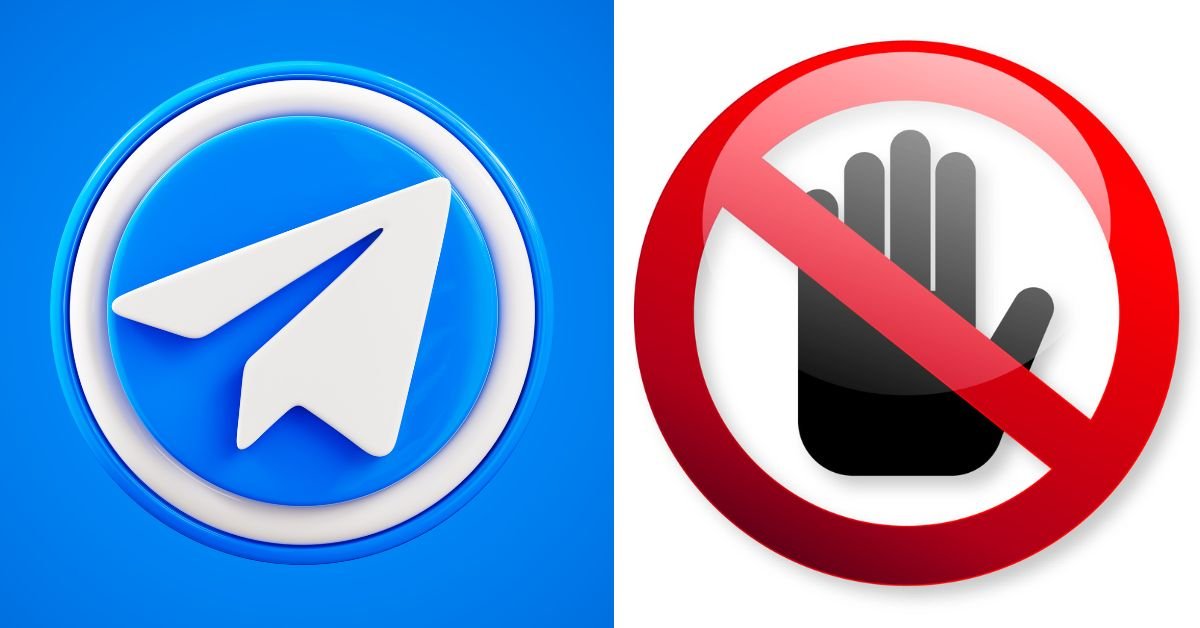Telegram is a popular messaging app known for its focus on privacy and security. It allows users to send messages, photos, videos, and files. Many people use it for its encrypted messaging feature. However, not all countries allow free access to Telegram. Some governments block or restrict the app for various reasons. This blog will explore the countries where Telegram faces blocks or restrictions.
Reasons for Blocking or Restricting Telegram
Governments may block or restrict Telegram for several reasons. Some of these include:
- Security Concerns: Some governments believe that Telegram can be used to plan illegal activities. Since the app provides end-to-end encryption, it becomes difficult for authorities to monitor communications. This raises security concerns in countries where the government wants to keep strict control over information.
- Political Reasons: In some countries, Telegram is used by opposition groups to organize protests. Governments in these countries may block the app to suppress dissent and maintain control.
- Censorship: Some governments restrict access to apps like Telegram as part of broader censorship efforts. They want to control what their citizens can see, read, and share online.

Countries Blocking or Restricting Telegram
Below is a list of countries where Telegram is blocked or restricted:
- China: China is known for its strict internet censorship, often referred to as the “Great Firewall.” Telegram is blocked in China because the government wants to control all forms of communication within its borders. Instead, people in China use state-approved apps like WeChat.
- Russia: Russia banned Telegram in 2018 after the company refused to give the government access to users’ encrypted messages. The ban was lifted in 2020, but Telegram still faces some restrictions and monitoring in the country.
- Iran: Iran has a history of blocking various social media platforms, and Telegram is no exception. The app was banned in 2018 after protests were organized through the platform. Despite the ban, many Iranians still use Telegram through VPNs or other methods.
- Indonesia: Indonesia temporarily blocked Telegram in 2017, citing concerns that it was being used to spread radical content. The block was lifted after Telegram agreed to take down channels that promoted extremism.
- Pakistan: In Pakistan, Telegram is partially restricted. The app is not entirely blocked, but some of its features are limited. This is due to concerns over security and the spread of misinformation.
- India: While Telegram is not officially blocked in India, it has faced temporary restrictions. The app has been removed from app stores during sensitive periods, such as elections, to prevent the spread of fake news.
- Belarus: Belarus blocked Telegram during the 2020 presidential election. The government aimed to prevent the opposition from using the app to coordinate protests. The block has since been lifted, but Telegram remains under government scrutiny.
Conclusion
Telegram is a powerful tool for communication, but its focus on privacy and security has made it a target for governments around the world. In countries like China, Russia, Iran, and others, the app is either blocked or restricted. Users in these countries often find ways to access Telegram through VPNs or other means, but these methods come with risks.
Understanding why Telegram is blocked in certain countries can help users be more informed about the challenges of internet freedom. As governments continue to monitor and restrict online communication, the fight for digital rights and privacy becomes more important.

I’m Pradeep Ahalawat, the founder and chief writer of this blog. (Holding the degree of M.Sc. IT with more than 15 years of expereince in IT sector) With a passion for storytelling and a keen interest in current affairs, I started this platform to share my perspectives.

